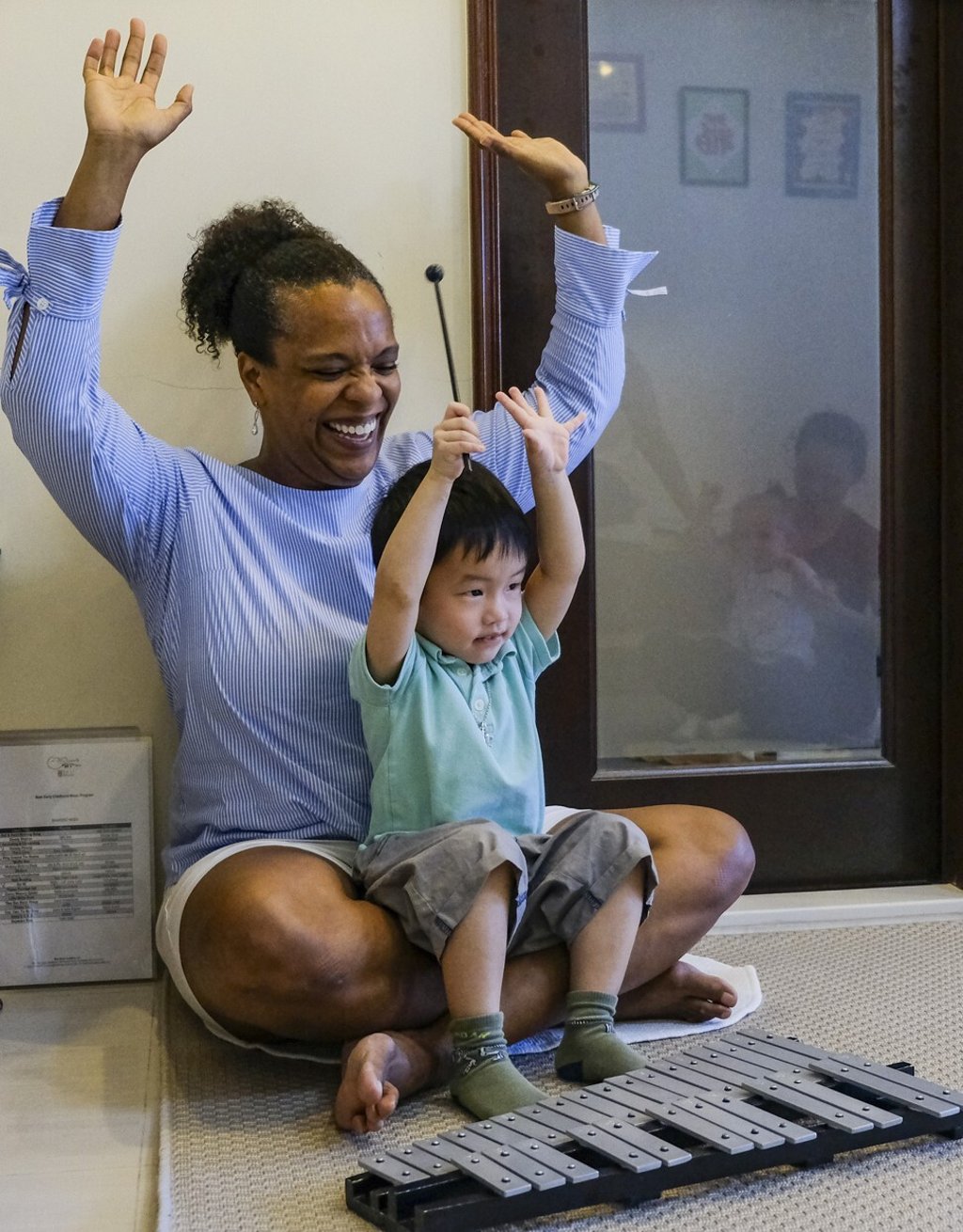How music therapy boosts well-being in everyone from cancer patients to autistic children
- Research increasingly shows the positive impact of music therapy on a range of conditions, as well as other cognitive, motor and social benefits
- Harnessing the power of music for health is nothing new – different cultures have tuned into it for thousands of years

Cameron tentatively enters the music room, his hand gripping that of his helper. He doesn’t speak or make eye contact – like most three-year-olds, he’s shy around new people. But it doesn’t last long.
About 20 minutes into the session he is happily dancing and making music, even sharing instruments with two-year-old Astrid, a newcomer to the group.
Music teacher Charliah Best, who runs the Best Music Academy in Hong Kong, is not surprised by his transformation.
“Music encourages children to interact with each other,” she says. “Instead of constantly interacting with adults, it allows children to naturally interact and discover new things in a comfortable environment – that’s what this programme is for.”

Best is passionate about music. The music graduate plays piano, violin and viola and the room where she holds her sessions pulsates with song and the beat of instruments. Her sessions include flash cards to help children with note reading.